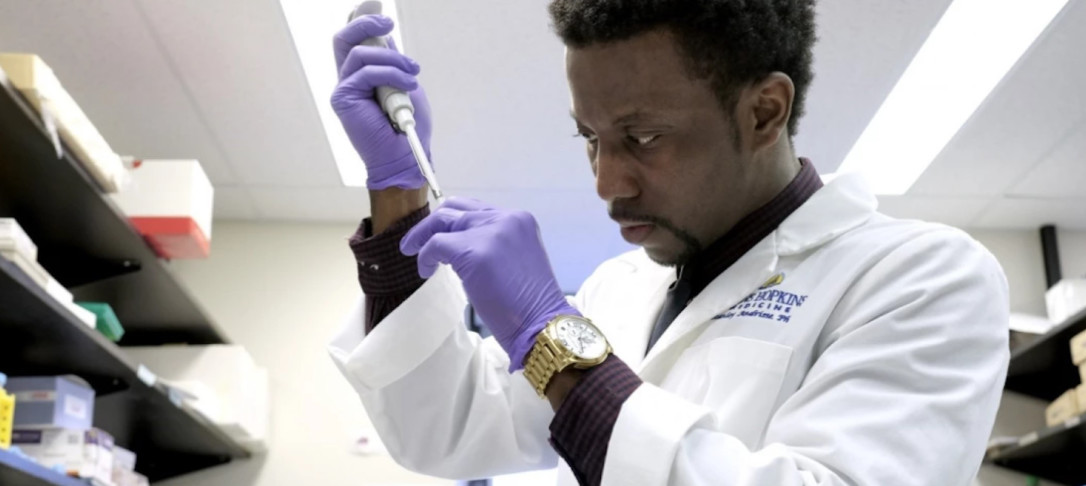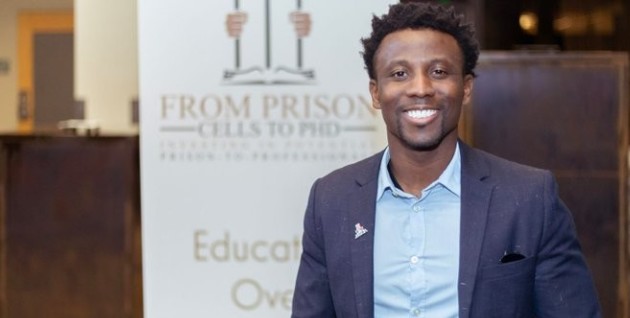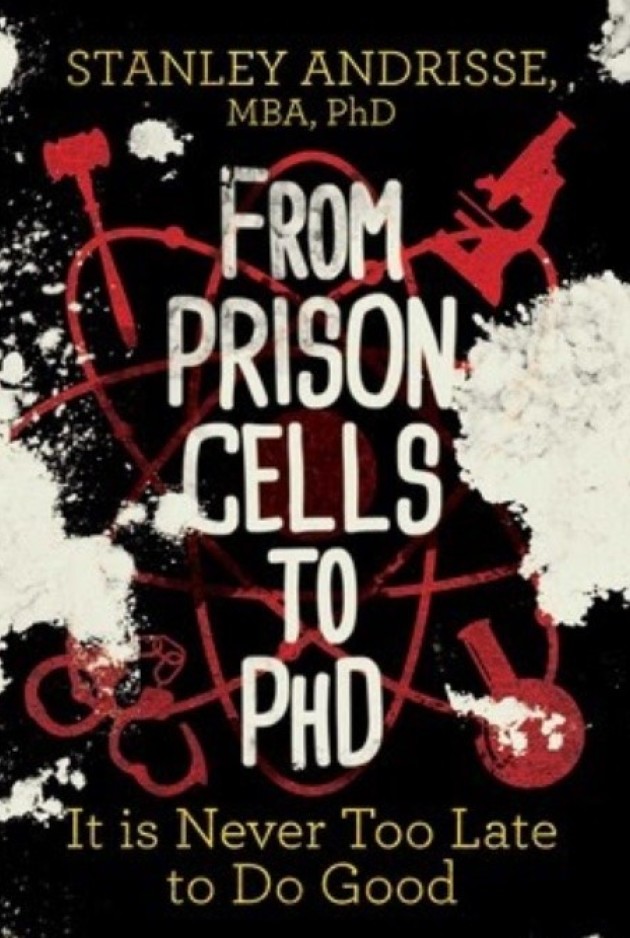
Black academics are calling out racism in science, detailing things ranging from overt acts to micro-aggressions, using social-media hashtags such as #BlackInTheIvory and #BlackInSTEM. A 2020 PNAS study described how trainees from under-represented groups innovate more than their white counterparts do — but were afforded few to no rewards from their findings because their efforts were often dismissed. Dr. Andrisse will engage the audience in a thought provoking conversation on the effects of racism on the careers of Black academics and provide tangible suggestions on meaningful institutional actions.
Last year, Dr. Andrisse engaged the Imperial community in this discussion. Where are we now? What have we done in the past year to address these issues? Part 2 will be an exciting conversation on how we can continue to move forward together as one.
Things that will be discussed:
- Baseline: what is the experience for black trainees and professionals in science and medicine?
- Recruitment: how to improve communication with Black trainees and professionals in science and medicine?
- Pre-selection: how to improve selection chances for Black trainees and professionals in science and medicine?
- Retention: what can be done to improve odds for Black trainees and professionals in science and medicine?
- Implications for your organization.
Speaker information

Dr. Stanley Andrisse is an endocrinologist scientist and assistant professor at Howard University College of Medicine researching type 2 diabetes and insulin resistance. Dr. Andrisse holds a visiting professorship at Georgetown University Medical Center and held an adjunct professorship at Johns Hopkins Medicine after completing his postdoctoral training.
His ‘From prison cell to Ph.D’ program gives incarcerated men and women the the assistance needed to pursue a Bachelor’s degree while still in prison and during reentry. It is one of the only programs of its kind in the US assisting in and after prison to help obtain full degrees – furthering one’s education is critical to successful reentry into society.
Stan has a personal interest in this. Growing up in Ferguson-Florissant, Missouri, he fell into the pattern of poor decision making from a very young age. By his early 20’s, he found himself sitting in front of a judge facing life for drug trafficking charges. The judge sentenced him to 10 years in a maximum-security prison. Stan turned this to good. He did a lot of reading, writing, and soul searching in prison. After many letters to judges and correctional officials, he was accepted into a drug rehabilitation program while still in prison.
Fast forward a few years and determined to be a different person to what so many people expected, he completed a master’s in business administration and a PhD focused on diabetes and physiology in four years, and finished at the top of his class. He is now a tenured academic with an international reputation in his field.
Dr. Stanley Andrisse is releasing a book on his personal journey called: Prison Cells to PhD – It is Never Too Late to Do Good
 “In the past years, my story has garnered some media attention and from that I was approached by several Publishers. My book has been many years in the making. And I’ve spent many many nights in deep thought debating whether I should share such personal events in my life. Some of these traumatic events I’ve never shared before. Not only did I have to vividly relive them but I contacted the people that lived them with me for their consent. For a few, it was too difficult to relive and for a few that are no longer living, family gave their consent. It took years to press the send button on some of those conversations. Through the entire process, the driving belief that pushed me forward was belief in a greater good, a belief that this will truly help, a belief that my dad supports me in doing this.”
“In the past years, my story has garnered some media attention and from that I was approached by several Publishers. My book has been many years in the making. And I’ve spent many many nights in deep thought debating whether I should share such personal events in my life. Some of these traumatic events I’ve never shared before. Not only did I have to vividly relive them but I contacted the people that lived them with me for their consent. For a few, it was too difficult to relive and for a few that are no longer living, family gave their consent. It took years to press the send button on some of those conversations. Through the entire process, the driving belief that pushed me forward was belief in a greater good, a belief that this will truly help, a belief that my dad supports me in doing this.”
The book shares it’s first title with the nonprofit organization, From Prison Cells to PhD. The subtitle comes from my dad.
“It’s never too late to reach your full potential,” is a loose translation to the French-Creole phrase that my Dad used to tell me often and is included as a recurring theme in the book. That French–Creole phrase is “Il n’est jamais trop tard pour faire le bien” (in french) and “li pa janm twò ta pou fè bien” (Haitian Creole). Haitian Creole was the primary language in my household growing up, but we also spoke French interchangeably.
The true translation of this phrase is “It’s never too late to do good”. My dad’s meaning of it was a combo of “It’s never too late to reach your full potential.” and the phrase of “It’s never too late to do the right thing.” He would tell me this in our several conversations focused on getting me to stop selling drugs and to get me to see that God had a higher purpose for me. I was too young and underdeveloped to get that message and he left me before I had the chance to show him that I finally began to understand it.
This is a special phrase to me. I leaned on this phrase and his words through many of my tough times and the book is dedicated to my dad for that reason.”
100% of the pre-sale and year-1 proceeds will be donated to P2P. Proceeds from subsequent years will be donated to P2P as determined by the P2P Board of Directors.